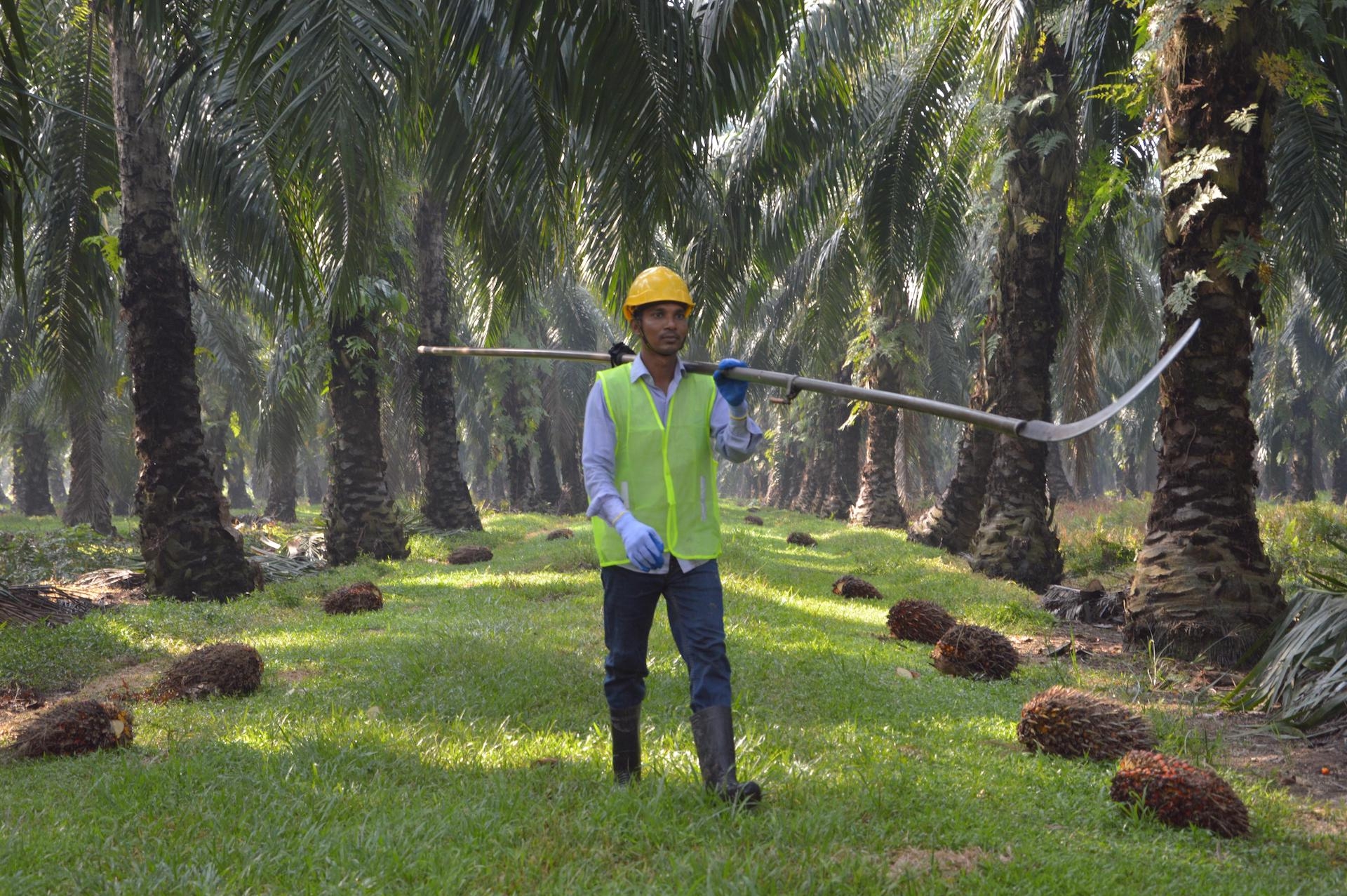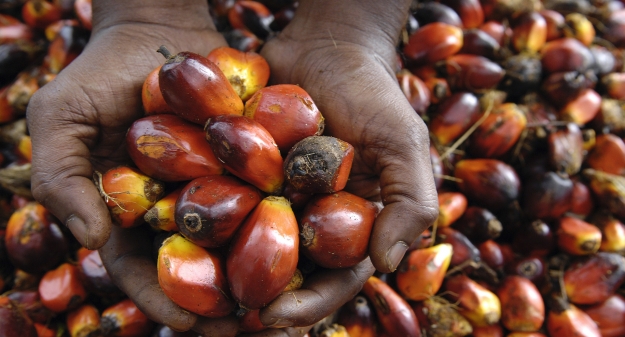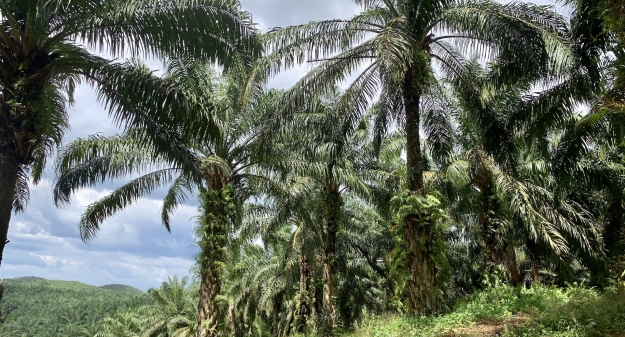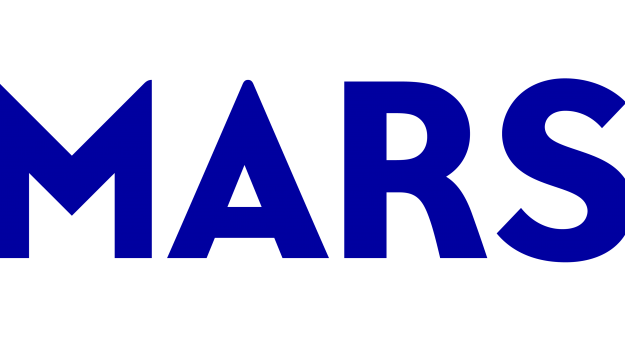.

Over the past several years, Mars has been on a journey to map our palm oil supply chain. Today, we’ve achieved 98% traceability to the mill level, and since 2018, we have published our full mill lists to show our progress. We had more than 1,500 mills supplying raw material, a number far too complex to manage, especially for a company that uses only 0.1% of the world’s palm oil.
Today, our ambition is to significantly simplify our palm oil supply chain, reducing that number to less than 100 by the end of 2020, with further reductions in the number of mills by the end of 2022. This will be coupled with meaningful engagement on human rights, and on-the-ground and satellite verification processes to monitor deforestation. If instances of non-compliance occur within the palm oil supply chain, the following decision management process will be followed for resolution.
Region by region, we will progress by engaging in longer-term contracts with those suppliers who commit to and deliver supply chains that meet our expectations.
Through simplification we will be able to select the suppliers and mills we desire in our supply chain. With a shorter supply chain comprised of partners who are committed to driving improvements in the systems and conditions in which we source, we can:
- Increase accountability, influence and connectivity through deeper relationships with suppliers whom we can visit.
- Employ satellite mapping to monitor land use across all of our suppliers.
- Work directly with our tier 1 suppliers as they build their capabilities to monitor, address and prevent human rights risks in their supply chains.
As part of this effort, Mars has reduced mill numbers across Europe, Australia, the Middle East and Brazil from 1,500 to less than 150, to date. Roundtable on Sustainable Palm Oil (RSPO) segregated palm oil has been used as an enabler among other simplification efforts. Other examples of how collaboration can drive transformation is the simplified supply chain taking place in Asia-Pacific. Mars now sources from UniFuji - a partnership between United Plantations and Fuji Oil, which will reduced operations from 780 mills to just 1. It’s achieved through a 1:1:1 model – which means that palm is grown on one plantation, processed through one mill and one refinery before reaching Mars. The partnership is based on a shared commitment to source in ways that are both good for people and the environment. Mars is now extending this approach to other regions.








